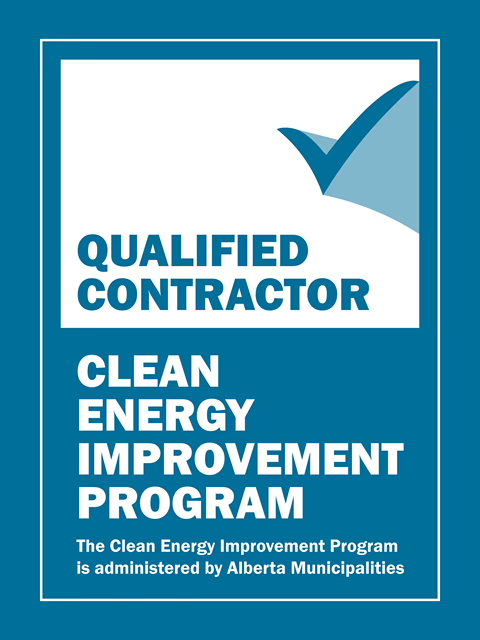Introduction to Pool Salt and Water Softeners
As you may know, the Calgary area is known for hard water. Water softeners are great additions to any Calgary area home for managing hard water by removing minerals like calcium and magnesium. When our team at Harper’s Plumbing installs a water softener we always start the system with water softener salt – this product is specifically designed to work with your water softener. So isn’t pool salt the same? No. Pool salt, used primarily to maintain chlorine levels in swimming pools, differs from water softener salt in several key aspects, leading many to question whether it’s a suitable substitute.
Comparing Pool Salt to Water Softener Salt
Pool salt and water softener salt differ significantly in their chemical composition and grain size. Pool salt is usually finer and denser, which can potentially lead to issues when used in water softeners. Water softener salt is coarser and designed to dissolve at rates conducive to efficient water softening cycles.
Potential Risks of Using Pool Salt in Water Softeners
Using pool salt in a water softener can lead to several problems:
- Salt Bridges and Mushing: Pool salt can form salt bridges—a hard crust atop the brine tank that prevents salt from dissolving into the water. It can also lead to mushing, where salt forms a sludge at the bottom, disrupting water flow and regeneration processes.
- Inefficient Regeneration: Pool salt may not dissolve properly, which can inefficiently regenerate the resin beads that soften the water, leading to decreased system efficiency and potential damage over time.
Expert Recommendations and Precautions
Manufacturers of water softeners generally recommend against using pool salt due to the potential for operational issues and damage. Always consult the manufacturer’s guidelines for your specific model before substituting salts.
Conclusion and Best Practices
While pool salt will not immediately destroy your water softener , it is not advisable for long-term use due to the potential risks and inefficiencies it introduces. Homeowners should stick to using recommended salt types and follow proper maintenance procedures to ensure their water softening systems function optimally.
This approach helps maintain the water softener’s efficiency and longevity while ensuring the household water quality remains high., Harper’s Plumbing can help you with your water softener and is able to discuss the best settings for your system and home. If you have questions regarding water softeners and their operation in your home, don’t hesitate to give our team a shout.







